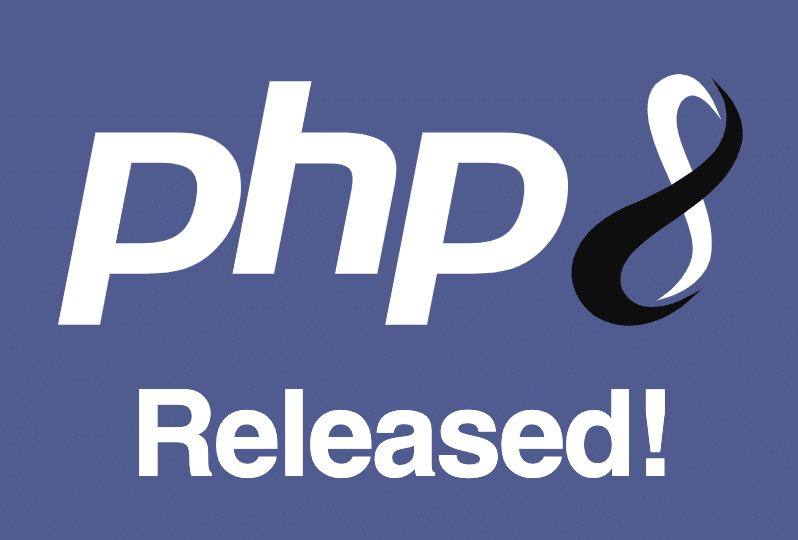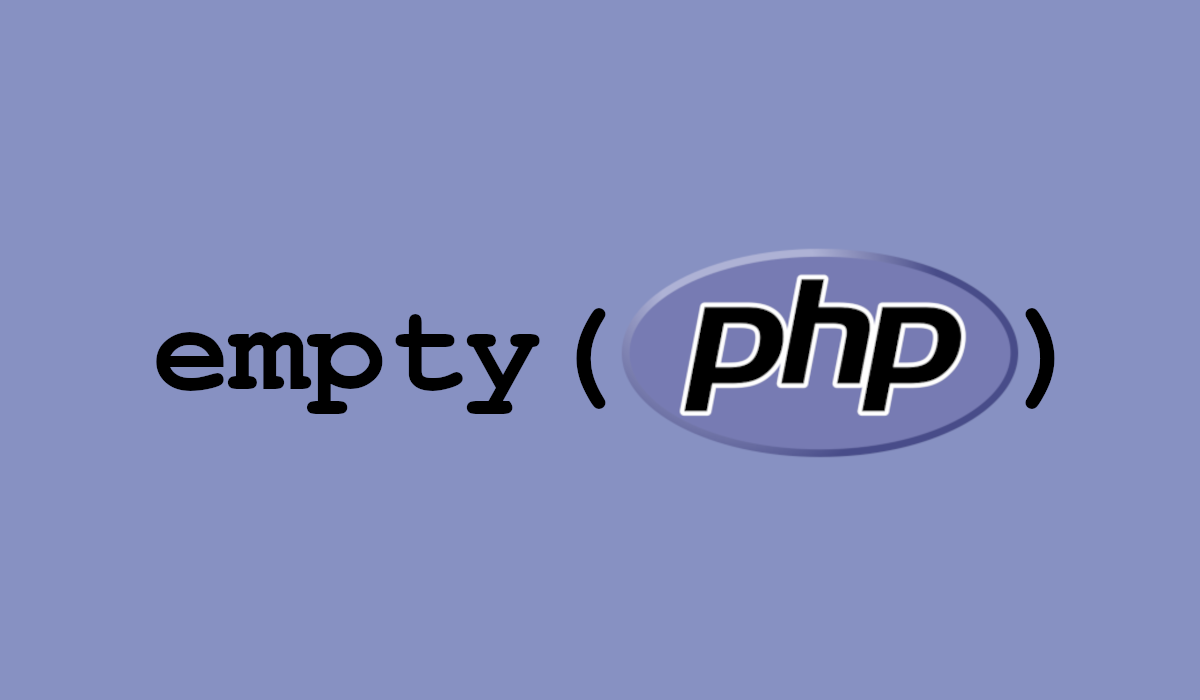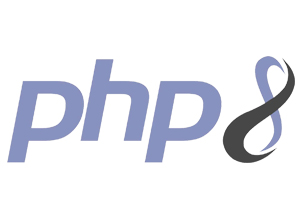PHP 8 introduces a feature known as Attributes, which brings a structured way to add metadata to your code. Attributes offer a standardized method for adding and querying metadata, replacing the older practice of using doc comments for annotations. This…
Category: PHP
Php function fopen()
The Php function fopen() is used to open files for reading, writing, or both. It provides a way to access files, which can be necessary for various operations like reading file contents, writing data to files, or appending data to…
How to Create a Child Theme in WordPress
In order to create a Child Theme in WordPress follow following steps – Step 1. Create a Child Theme Folder in Your Site’s Root Directory Use an FTP client or your hosting provider’s control panel to access your WordPress site’s…
Avoiding empty() in PHP
Using empty() in PHP can sometimes lead to unexpected results, especially since it considers various values like 0, 0.0, false, null, and empty strings as “empty.” Here are some alternatives and best practices to avoid. 1.) Use isset(): This function…
Ultimate Guide to Caching Data in PHP
Caching Data in PHP is a critical performance optimization technique in web development. It helps reduce server load, decrease response time, and improve the user experience by storing the results of expensive operations (like database queries or API requests) and…
Understanding Enums in PHP 8
Enums, introduced in PHP 8.1, provide a way to define a set of possible values for a type, offering a structured and type-safe alternative to constants. They are ideal for situations where you need to represent a fixed set of…
Fibers – Bringing Async Programming to PHP
PHP 8.1 introduced Fibers, a new feature designed to bring asynchronous programming capabilities to PHP. Fibers provide a way to manage concurrency and non-blocking operations in a more intuitive manner, similar to how coroutines or green threads work in other…
Introduction to Laravel Eloquent ORM
Laravel Eloquent ORM (Object-Relational Mapping) is a key feature of the Laravel framework, providing an elegant way to interact with your database. With Eloquent, each table in your database corresponds to a model, allowing you to work with data using…
Understanding WordPress Conditional Functions
WordPress provides a variety of conditional functions that allow developers to create dynamic content based on specific conditions. These functions are essential for customizing themes and plugins. In this article, we’ll explore some of the main conditional functions in WordPress…
Eloquent ORM: Relationships in Laravel
Eloquent ORM (Object-Relational Mapper) in Laravel provides a simple and elegant way to interact with your database using models. One of its most powerful features is the ability to define relationships between different models, making it easier to manage and…








